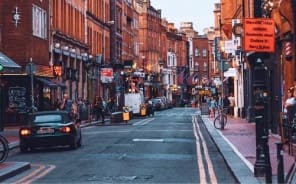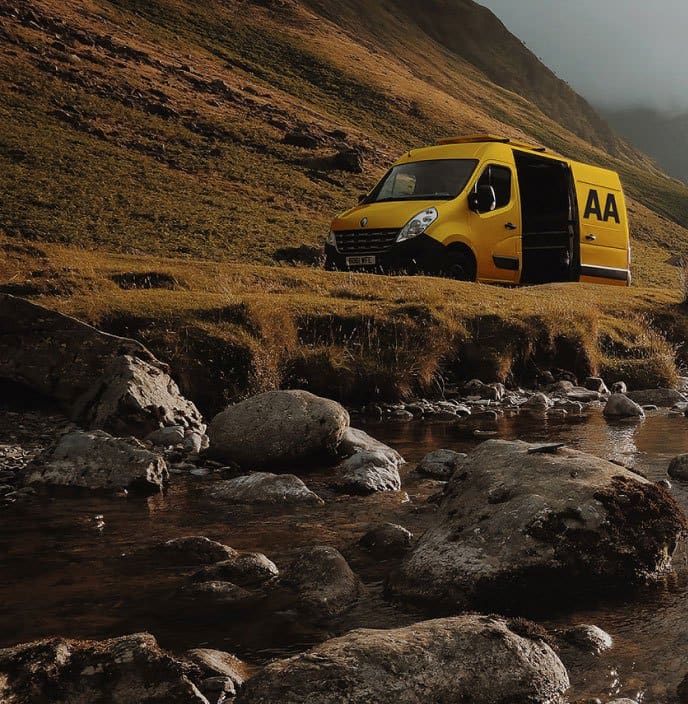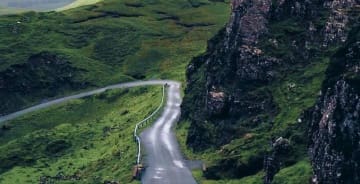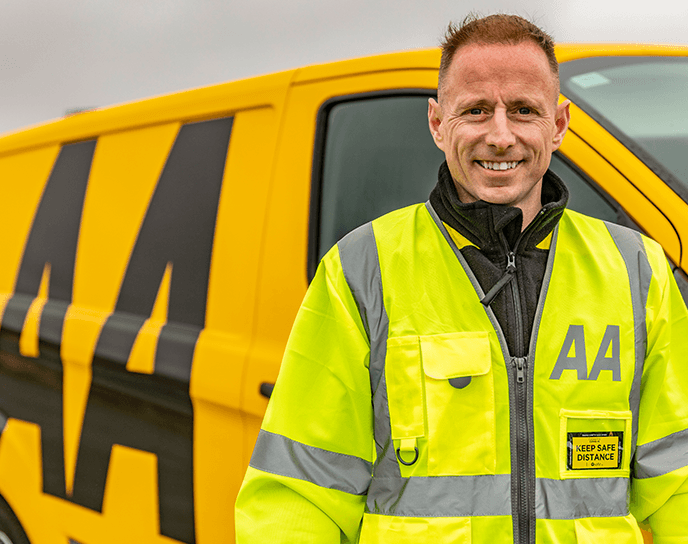Touring tips
Drinking and driving: If the level of alcohol in the bloodstream is 0.05 per cent or more, severe penalties include fines or prison. The police may request any driver to undergo a breath test or drugs test. Visiting motorists may be forbidden from driving in Switzerland for a minimum of one month.
Driving license: The minimum age at which an Irish license holder may drive a temporarily imported car is 18, for motorcycles up to 50cc it is 16 and for motorcycles 50cc or over it is 18.
Fines: On-the-spot fines are imposed in certain cases. Vehicle clamps are not used in Switzerland but vehicles causing an obstruction can be removed. Speeding fines are severe.
Fuel: Unleaded petrol (95 and 98 octane) and Diesel (Gasoil) are available. No leaded petrol is available (lead substitute additive available). There is limited LPG availability (only eight outlets). Petrol in a can is permitted. Credit card acceptance is variable, especially at night due to automatic pumps not recognizing Irish card PINs; check with your card issuer for usage in Switzerland and Liechtenstein before travel. Some automatic pumps accept bank notes.
Lights: Use of dipped headlights during the day is recommended for all vehicles. It is compulsory to use dipped headlights when passing through tunnels even if they are well lit, a fine will be imposed for non-compliance.
Motorcycles: The wearing of crash helmets is compulsory. Use of dipped headlights during the day is recommended.
Motor insurance: Third-party motor insurance compulsory.
Passengers/children in cars: Vehicles registered outside Switzerland, i.e. visiting Switzerland must comply with the requirements of their country of registration with regard to child restraint regulations.
Children up to 12 years of age have to be placed in a child restraint type approved complying with UN ECE regulation 44.03. Children measuring more than 150 cm will not be included.
Seat belts: It is compulsory for front and rear seat occupants to wear seat belts, if fitted.
Speed limits: Standard legal limits, which may be varied by signs, for private vehicles without trailers are; 50 km/h in built-up areas, 80 km/h outside built-up areas, 100 km/h on semi-motorways and 120km/h on motorways. The maximum speed with trailer on semi-motorways and motorways is 80 km/h.
The minimum speed on motorways is 80 km/h. NOTE Towing of cars on a motorway are only permitted up to the next exit, at a maximum speed of 40 km/h.
Compulsory equipment in Switzerland and Liechtenstein:
-
Snow chains – compulsory in areas indicated by appropriate sign and must be fitted on at least two drive wheels
-
Warning triangle – Each motor vehicle must be equipped with a warning triangle which must be kept within easy reach (not in the boot). This must be used in any breakdown / emergency situation. Excludes motorcycles.
Other rules/requirements in Switzerland and Liechtenstein:
Hitchhiking is prohibited on motorways and semi-motorways.
The Swiss authorities levy an annual motorway tax and a vehicle sticker (costing CHF40 (or 29 EUR) for vehicles up to 3.5 tonnes maximum total weight and known locally as a ‘vignette’) must be displayed in the prescribed manner by each vehicle (including motorcycles, trailers and caravans) using Swiss motorways and semi-motorways. The fine for non-display of the vignette is the cost of vignette(s) plus CHF100. Motorists may purchase the stickers in Ireland or in Switzerland from customs offices at the frontier or service stations and garages throughout the country.
Vehicles over 3.5 tones maximum total weight are taxed on all roads; i.e. caravans pay a fixed tax for periods of one day, 10 days, one month or one year.
A GPS based navigation system which has maps indicating the location of fixed speed cameras must have the ‘fixed speed camera PoI (Points of Interest)’ function deactivated.
Radar detectors are prohibited even if not switched on.
All vehicles with spiked tyres are prohibited on motorways and semi motorways except for certain parts of the A13 and A2.
Snow tyres are not compulsory, however vehicles which are not equipped to travel through snow and which impede traffic are liable to a fine.
Drivers who are involved in an accident who decide not to call the police must complete a European Accident Claim Form.
During daylight hours outside built up areas drivers must sound their horns before sharp bends where visibility is limited, after dark this warning must be given by flashing headlights.
In Switzerland, pedestrians generally have right of way and expect vehicles to stop. Some pedestrians may just step in to the road when on crosswalks and will expect your vehicle to stop.
Blue zone parking discs are available from many petrol stations, garages, kiosks, restaurants and police stations.
This information should be read in conjunction with general advice for motoring in Europe
Toll Prices
In Switzerland tolls are collected through the sale/purchase of motorway window stickers called vignettes. In the event of a police check point, a motorists found on a tolled motorway not in possession of a valid vignette will be fined 100 Swiss francs.
Vignettes can be purchased at Post offices, petrol stations, garages, touring club offices (TCS) and Customs and cost 40 francs which is in the region of €27 depending on exchange rates at the time of purchase. The vignette sticker is then valid for a 14 month period however it’s very important to display them correctly on your vehicle. You should be advised on this upon purchase.




